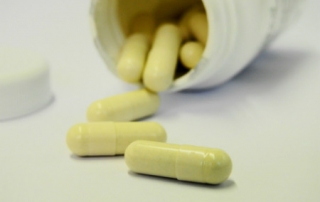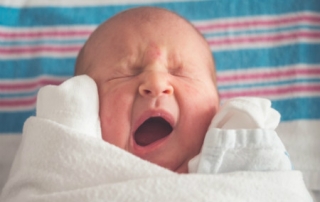Perinatal Dyadic Psychotherapy for the Treatment of Postpartum Depression
Many studies have observed that postpartum depression may negatively affect the mother-infant relationship and may thus impede bonding and attachment and negatively affect the development of the young child. A recent study explores the use of Perinatal Dyadic Psychotherapy (PDP), a dual-focused mother-infant intervention designed to prevent and/or decrease depressive symptoms in the mother and to improve aspects of the mother-infant relationship related to child development.










